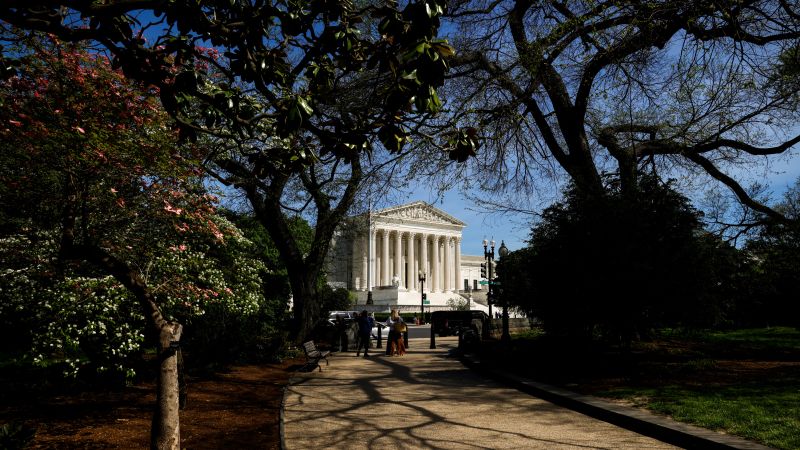The adult entertainment industry has requested the Supreme Court to temporarily block a Texas age-verification law that they believe violates the First Amendment by restricting access to porn sites. Texas’ law requires websites with harmful content to verify the age of users, but critics argue that it also forces adults to identify themselves before accessing pornography, infringing on free speech online. The group filed an appeal to the Supreme Court and requested the law be blocked while the appeal is considered or for an expedited review.
The emergency request comes after a 2-1 decision from the 5th US Circuit Court of Appeals upheld the Texas law, citing the state’s interest in preventing minors’ access to porn. The group, represented in part by the ACLU, argues that individuals have varying opinions on sexual content online, with some finding it offensive and others viewing it as artistic or informative. They cite a 1997 Supreme Court case that invalidated provisions of a federal law due to First Amendment concerns for adults, but the 5th Circuit relied on a 1968 precedent allowing a New York law barring the distribution of obscene material to minors.
The appeals court highlighted the potential harm of children accessing pornography and noted that it can be difficult to determine if an internet user is an adult or a child. As a result, any attempt to verify a user’s age could implicate adults in some way. The group argues that the Texas law imposes burdensome restrictions on adult access to online content and violates their constitutional rights. They seek relief from the Supreme Court to prevent the law from further impeding individuals’ ability to freely access information online.
Critics of the Texas law contend that it not only targets minors but also limits the rights of adults to access lawful content online. They argue that such restrictions violate the First Amendment protections for free speech and could set a dangerous precedent for future internet regulations. The group representing the adult entertainment industry aims to challenge the constitutionality of the law and prevent it from hindering the ability of adults to access online content without unnecessary barriers.
The Supreme Court will need to consider the balance between protecting minors from harmful content and upholding the rights of adults to access information freely online. Past precedents have addressed similar issues surrounding obscenity laws and access to pornography, but the unique challenges of the digital age may require a more nuanced approach. The outcome of this case could have far-reaching implications for internet regulations and the protection of free speech rights in the online realm.
Overall, the legal battle over the Texas age-verification law reflects broader debates about internet access, free speech, and the balance between protecting minors and preserving adult freedoms. The Supreme Court’s decision on this case will likely have significant implications for future internet regulations and the rights of individuals to access online content without undue restrictions. It remains to be seen how the court will navigate these complex issues and whether it will uphold the Texas law or strike it down to protect the constitutional rights of adult users.


